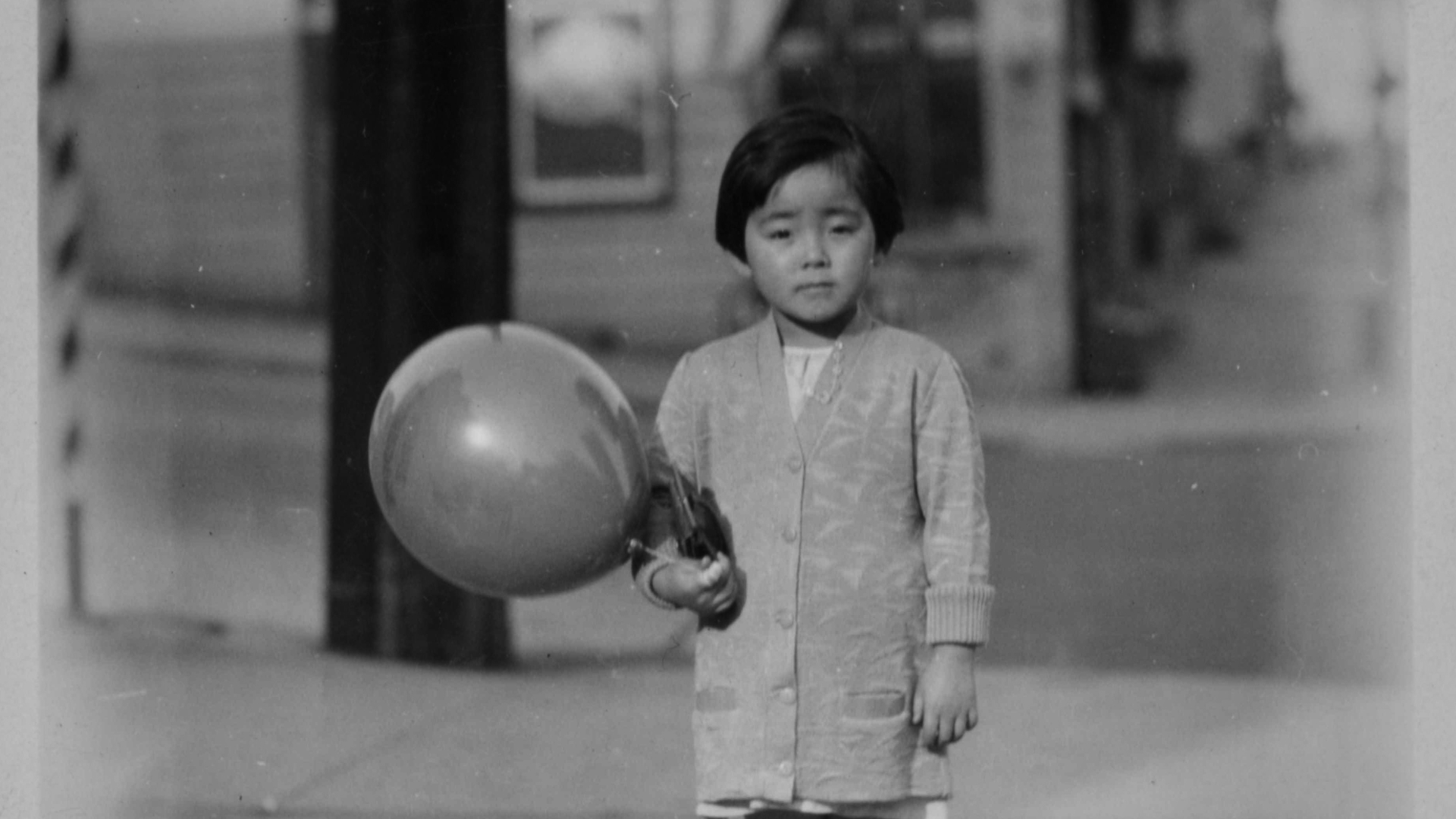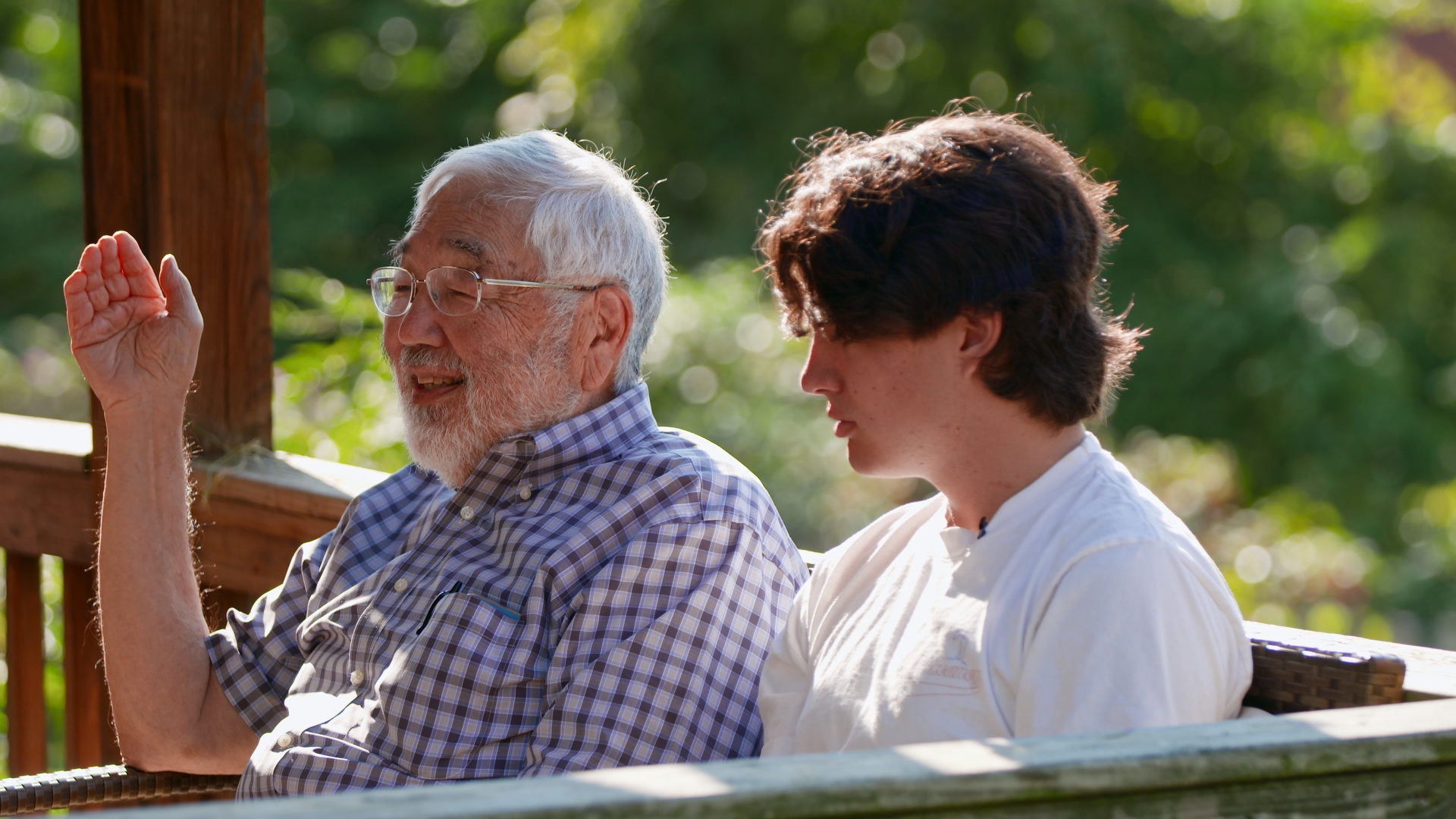Campus News
UC Santa Cruz Dean of the Arts Division Celine Parreñas Shimizu will debut her latest film at the Los Angeles Asian Pacific Film Festival on May 12
Filmmaker and film scholar Celine Parreñas Shimizu, UCSC’s Dean of the Division of Arts, debuts her new documentary at the Los Angeles Asian Pacific Film Festival on May 12. The feature film 80 YEARS LATER explores the racial inheritance of Japanese American family incarceration during World War II through multigenerational conversations with survivors and their descendants.


Filmmaker and film scholar Celine Parreñas Shimizu, UCSC’s Dean of the Division of Arts, debuts her new documentary at the Los Angeles Asian Pacific Film Festival on May 12. The feature film 80 YEARS LATER explores the racial inheritance of Japanese American family incarceration during World War II through multigenerational conversations with survivors and their descendants.
“On the 80th anniversary of Executive Order 9066 that imprisoned 120,000 Japanese Americans in World War II, families still grapple with the legacy of their experience,” says Parreñas Shimizu. “I wanted to explore the question: how does one inherit traumatic history across generations?”
Parreñas Shimizu began with her own father-in-law, Dr. Tadashi Robert Shimizu. A much loved and respected chief resident at Oakland Children’s Hospital for one year and East Bay pediatrician for 39 years, Shimizu was relocated as a small boy with his family from their home in San Leandro, CA to the Poston Internment Camp in Arizona.
Also spotlighted, Kiyoko Kasai Fujiu grew up in San Francisco’s Japantown, pre-war images of which are included in the film. Fujiu was evacuated to Tanforan in San Bruno, CA, a racetrack where the family was forced to live in horse stalls. Fujiu moved to Chicago after incarceration, before the war ended.
For the film, Parreñas Shimizu employed a distinctive approach, gathering children and grandchildren around these two elders to explore, in conversation with one another, the impact that Executive Order 9066 has had on all of their lives—the choices they made, their relationships with each other, and their own individual sense of identity. The result is a moving and tender portrait of these families as they share memories both painful and joyous, reflect on the inheritance of their histories, and process these together to form a new understanding of themselves and one another.
Small moments take on poignant significance. Shimizu, who, as a teen after the war, was envious of his brother for having an American first name and worked hard to excel at all things American like football, pauses deep in thought when his multiracial grandson expresses his desire to immerse himself in his heritage. Short scenes throughout the film of the quite frail and elderly Fujiu being lovingly cared for by her family are the prelude to a gathering at which these next generations collectively realize their responsibility to keep her story alive as America forgets its history and hate crimes against Asians rise.
Parreñas Shimizu’s other films, distributed by Third World Newsreel, Women Make Movies and Progressive Films, include The Celine Archive (2020)—a creative documentary that brings together animation, portraiture, interviews, site visits, and archival materials to explore the story of Celine Navarro, a Filipina immigrant woman murdered by her community in 1932 Northern California. The Celine Archive earned the Culver City Film Festival’s Grand Prize for Best Documentary Feature among 8 other festival awards. Others include Birthright: Mothering Across Difference (2009), The Fact of Asian Women (2004) and Super Flip (1997).
Parreñas Shimizu, the first woman of color to serve as Dean at UCSC, brings the concerns of her art practice to her new leadership role at the school. “My mission is to help our faculty, students, and alumni to deploy the ability of the arts to create new and needed narratives, to bring communities together, to imagine and make real new worlds not yet here, to amplify an abundance of voices, and to keep the definition of the arts fervently open,” she states.
Parreñas Shimizu has initiated a sweeping Diversity, Equity and Inclusion agenda in the Division that promises to be a national model, and will build on UCSC’s discipline-bending art programs, including a one-of-a-kind Social Documentation MFA for future documentarians committed to social change and to documenting communities, cultures, issues, and individuals who are marginalized in our current landscape of representation.
Read more about 80 YEARS LATER and get details about the Los Angeles Asian Pacific Film Festival.